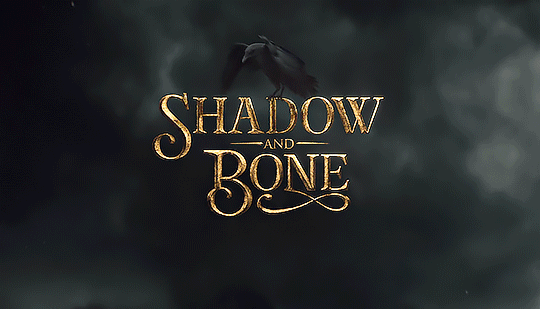Between Means and an End
Inej Ghafa and Morality
Yet another Crow from the beloved duology, Inej Ghafa, also known as The Wraith, is a character that we get to see grow throughout the course of the books in many ways.The silent acrobatic spy known for sneaking up unannounced and gathering important intel for the group, she is certainly a fan favorite. One might even know her as the internet’s “knife wife” in reference to her favored weapon, but anyone who knows Inej also knows that she’s actually quite hesitant to use them sometimes, and we’re here to explore why!
The peace-loving girl who sees the good in every situation and a perfect opposite for our Bastard of the Barrel, Inej Ghafa battles with a lot of clashing thoughts in relation to what her role entails, something we’ll track and discuss below.
Undoubted Piety
It is immediately made known to us in Six of Crows how loyal Inej is to the saints she worships, including how much she idolizes Sankta Alina of the Fold. With her dark and difficult background, her faith was evidently a strong source of hope. Praying and knowing that they were looking after her helped her to fight on bravely, believing that things would get better.The Wraith’s Daggers
When discussing Inej’s piety and devotion to the saints, one can’t go without mentioning her daggers! Hiding many on her person, they’re each named after a specific saint, with the ones we know being Sankt Petyr, Sankta Alina, Sankta Marya, Sankta Anastasia, Sankt Vladimir, and Sankta Lizabeta. She is known for praying to at least one of the knives when in a perilous situation, especially if she knows she’s about to do something she wishes she wouldn’t have to do.Inej Ghafa: The Pacifist
Despite Inej’s array of sharp weapons kept on her person at all times, she is presented as the character least prone to resort to violence (we’re looking at you, Kaz). This connects to her religious nature as she finds killing people to be morally wrong and something that the saints might look down on her for. Thus, it is made out to be a big part of her character how she refuses to harm someone to that extent at all costs. Something which we with time see comes at odds with her environment…The Seeds of Conflict
With Inej playing a role in the Crow’s activities, it becomes increasingly frequent for her to come face to face with dangerous situations in which violence is needed for survival. She is often seen in an internal debate with herself over whether extreme action might be necessary or whether there is a way for her to get out of the situation without anyone permanently harmed.The Priority of a Friend’s Safety
The few times we see Inej finally allow herself some ruthlessness is when her loved ones’ safeties are threatened. For her Crow family, she would do almost anything, even kill. Despite her level of hesitance and initial horror, she finds herself pushing past the limit to ensure her friends come out of the other side okay. Praying that the saints forgive her for her actions, she realizes throughout her course of development that some things are unavoidable in order for survival to be secured.Inej Ghafa and Violence: Does Justification Change the Act?
Many characters in Six of Crows are known for their grey morality. They’re all unconventional heroes, and Inej’s struggle to come to terms with the work they do is particularly interesting to zoom in on. Eventually, killing is seen as something that must be done in her world in order for her and her friends to make it out alive. If the reasoning behind such an act is self-preservation or prioritizing your loved one’s safety, does it change what the act has done? Does the intent vastly change the perspective one views it from?Let’s open up for discussion!
Unlike a lot of her fellow Crows, Inej Ghafa genuinely feels for those she comes across, even if they’re not the best people. Her prayers are real and she only goes to the extreme if needed, leading to many dramatic scenes where she must choose between her beliefs and getting through Kerch and Fjerda’s trials.What do you think of Inej’s development in relation to her moral conscience? Do you believe she still did the right thing in the moments she did?

WoGV





